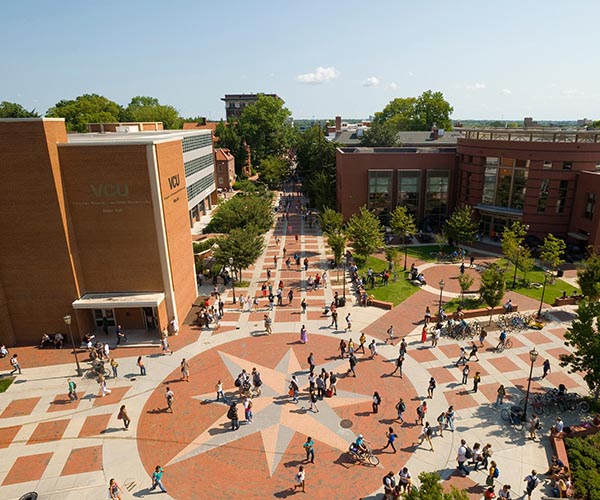2019-2025 Strategic Plan

Recalibrated Strategic Plan
Our VCU School of Education Recalibrated Strategic Plan can be viewed HERE.





Privacy Policy / © 2022 Virginia Commonwealth University. All rights reserved / Updated: 02/01/2024